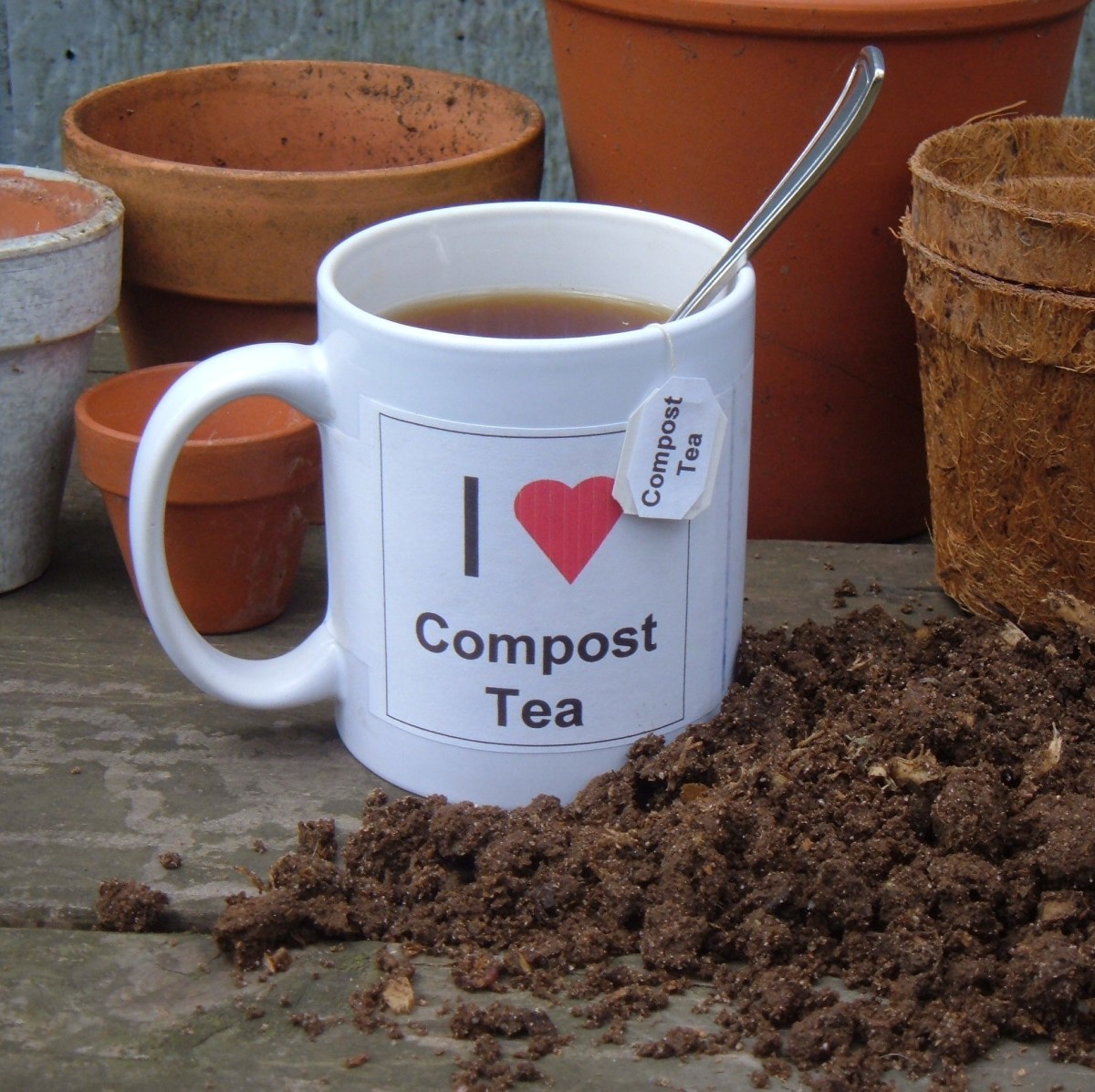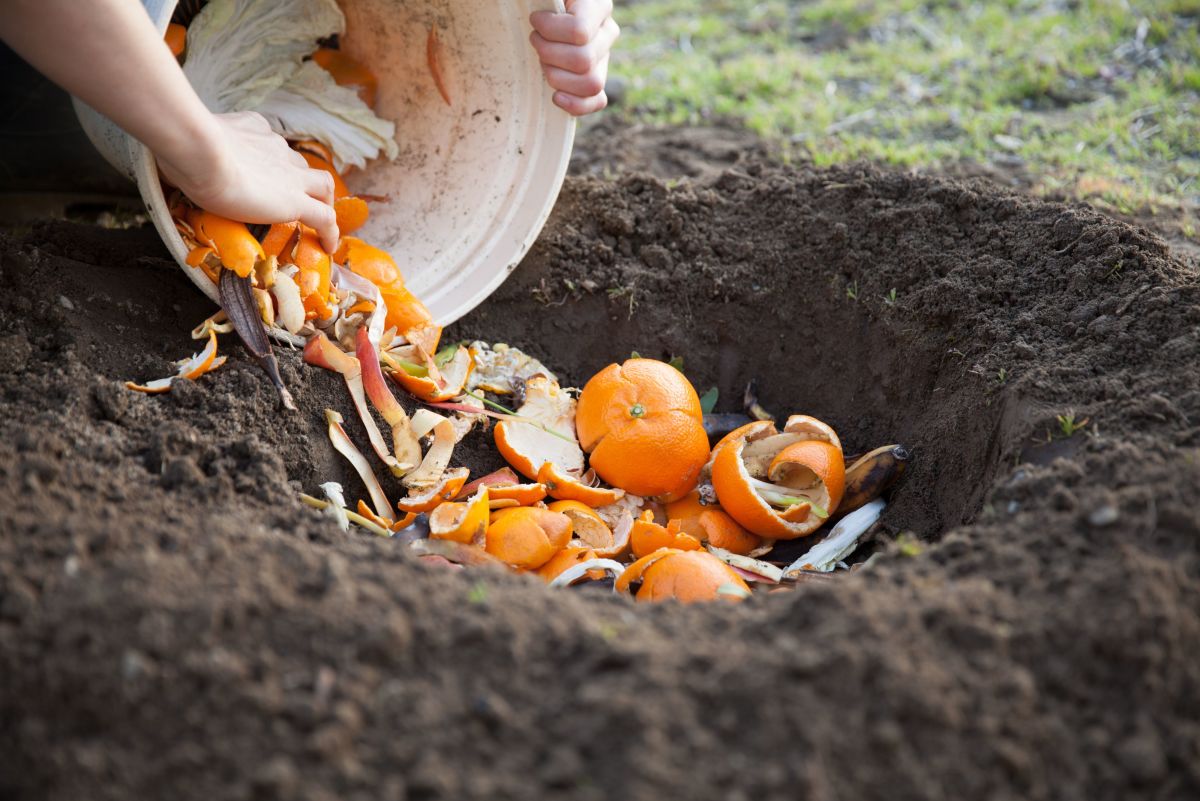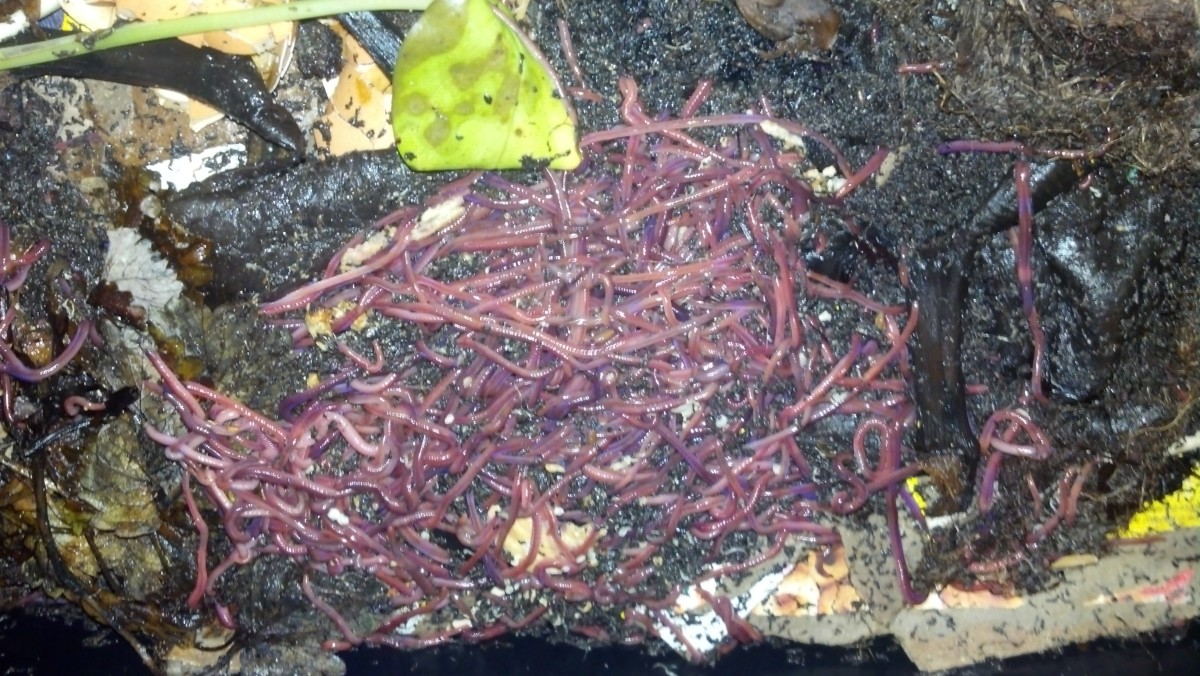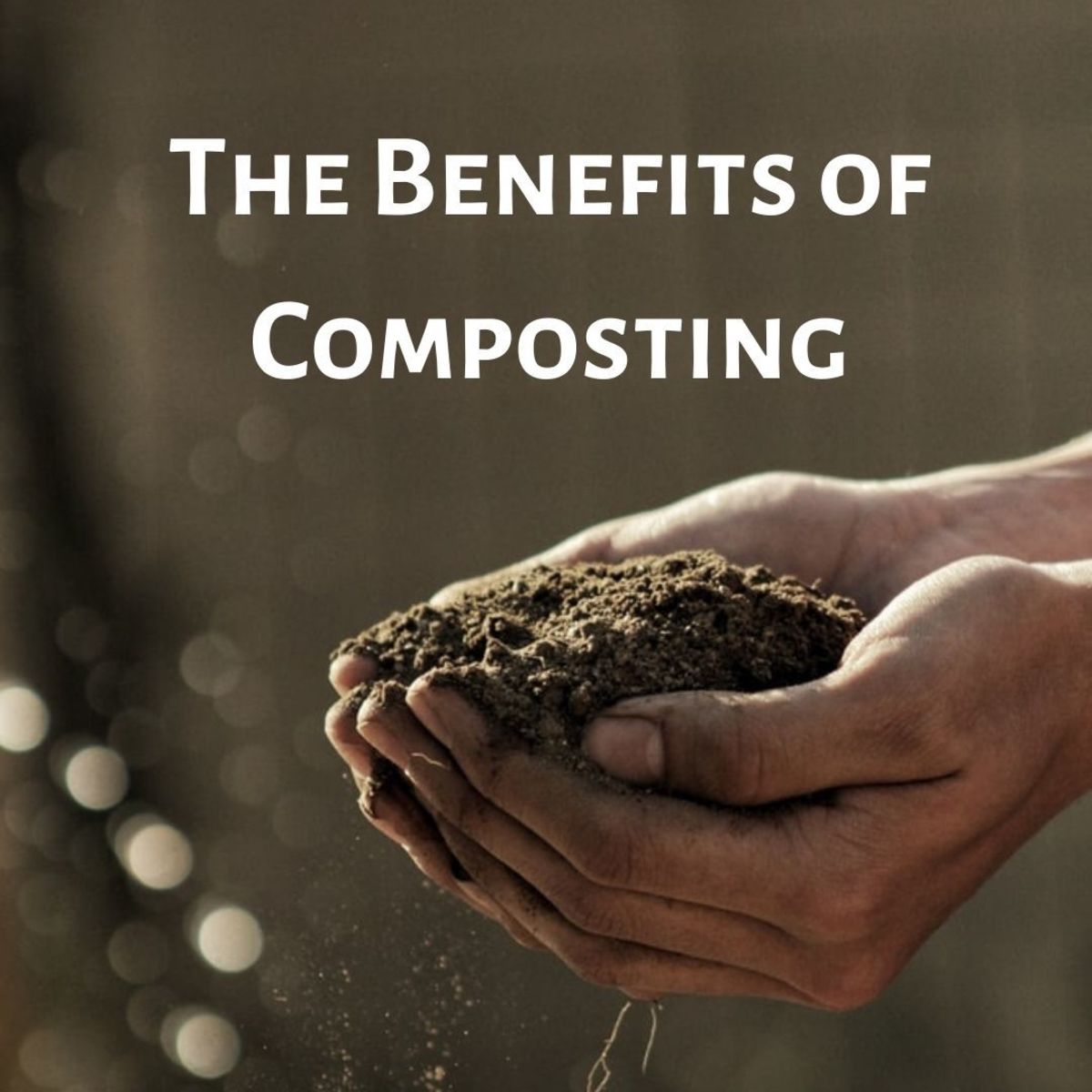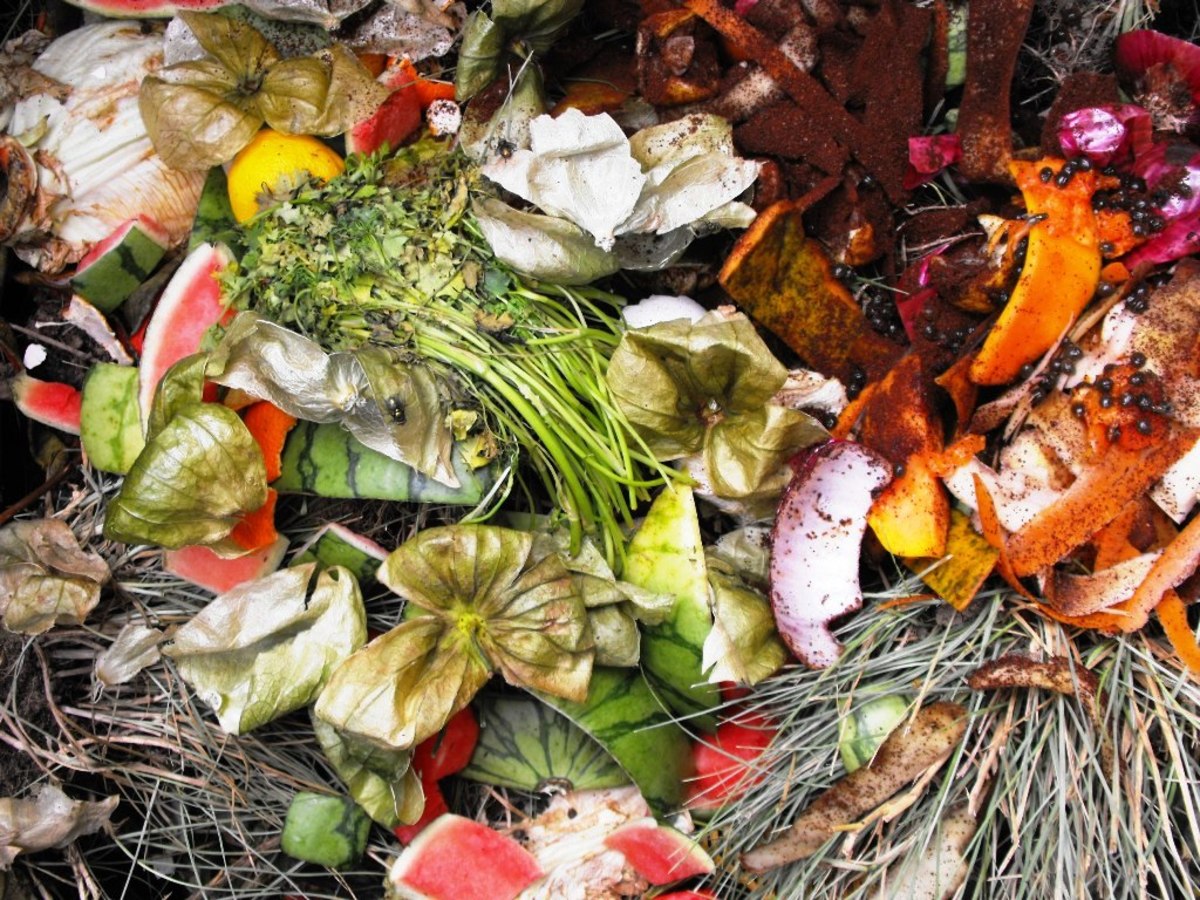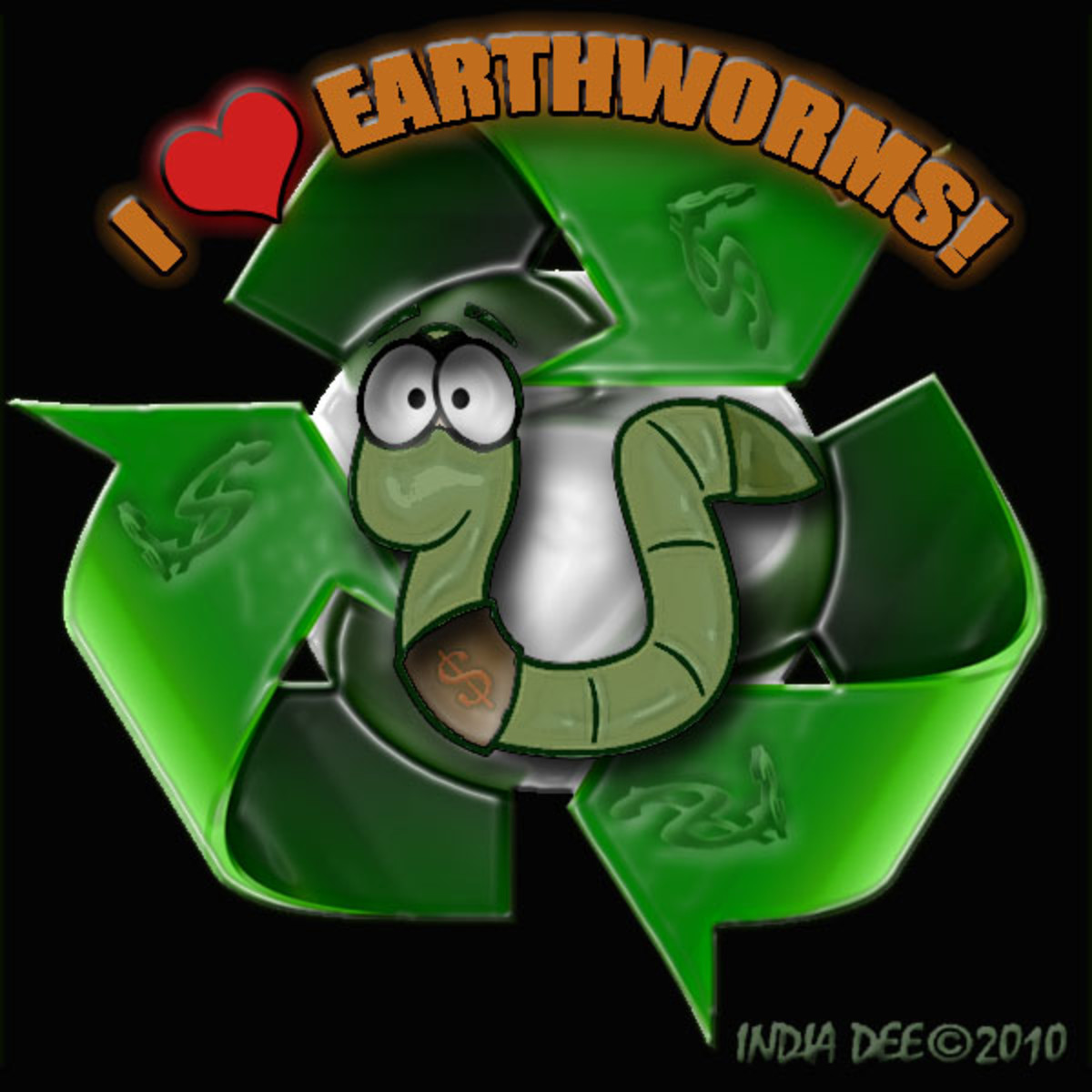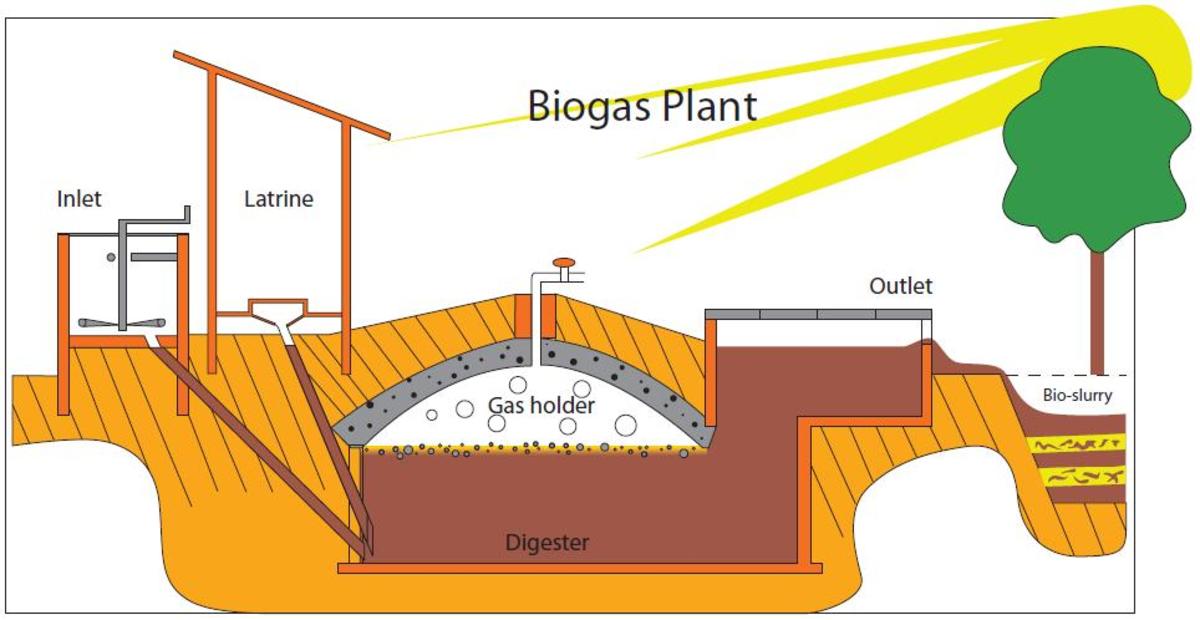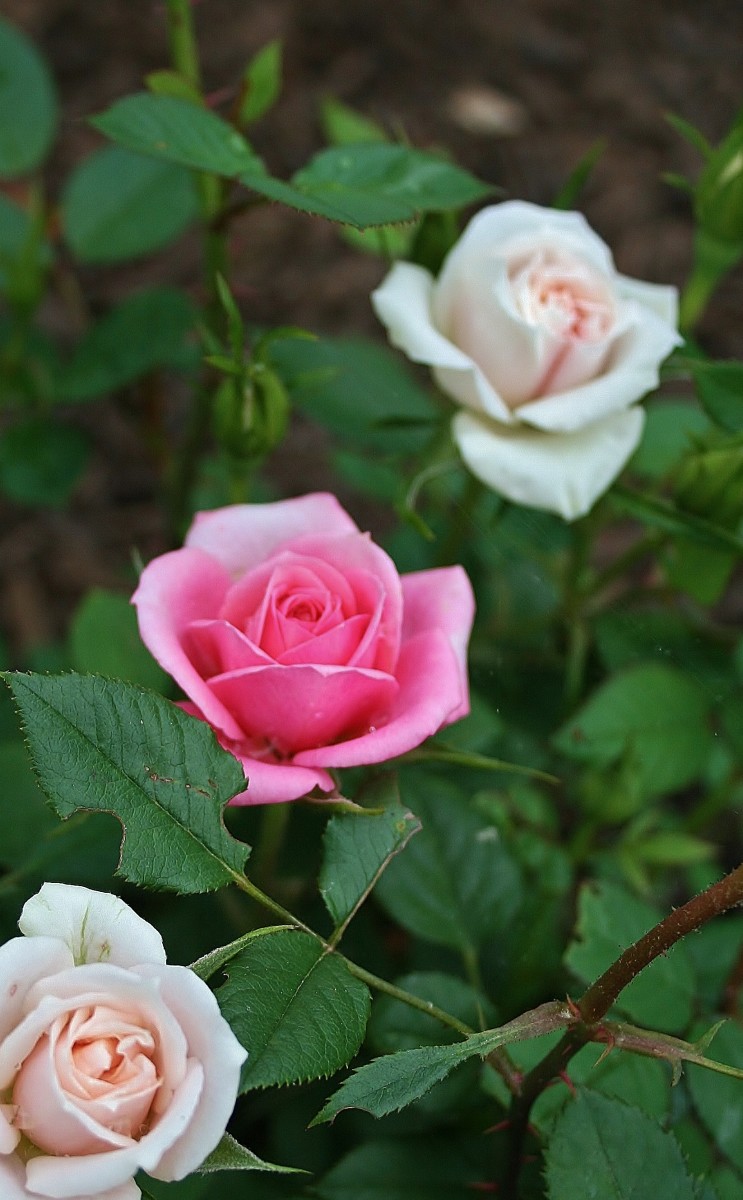Things to Consider when Buying a Compost Tumbler
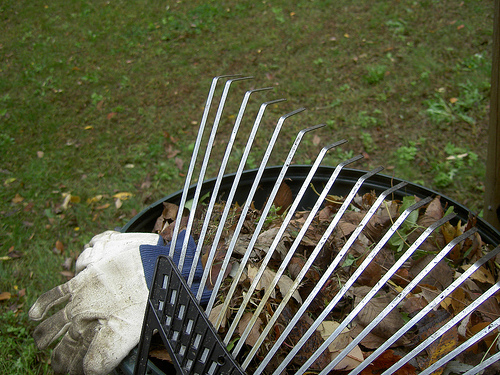
Compost Piles, Bins and Tumblers
There's more than one method to create a gardener's "black gold" -- compost -- but the basic premise in each of them is the same.
To turn plant and soil remnants into decaying organic substances, the system you use requires four basics:
- Air
- Water
- Nitrogen
- Carbon
Nitrogen and carbon results from the breakdown of the green and brown vegetative material you supply. You'll add water as you go and air will be incorporated into hot compost piles by turning the pile with a pitchfork at regular intervals. With compost tumblers, air will be incorporated into the decaying material when you turn the compost bin.
Some of the first questions you should ask yourself is, "Do I need a compost tumbler to meet my needs for compost?" "Might another composting method provide the compost I need?"
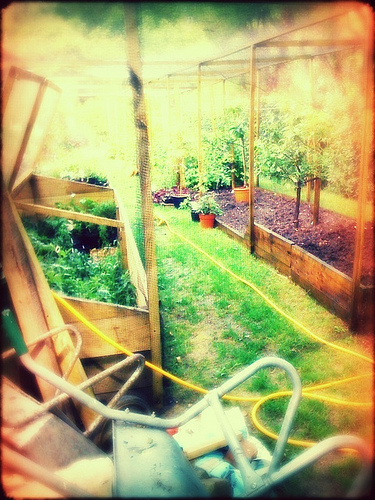
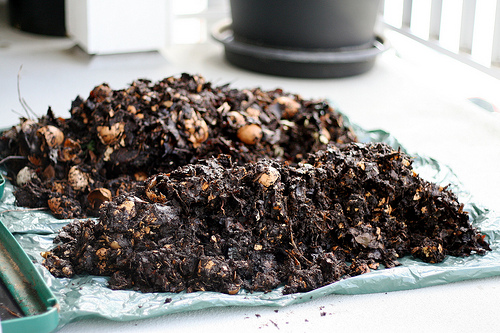
Should You Choose a Compost Tumbler or Would Another Composting Method Meet Your Needs?
Compost tumblers have some advantages over the other methods of composting, but they are not free of cost. Even if you decide to build your own compost tumbler, you'll have materials and labor invested in the project.
Learning what and how to compost should be on every novice gardener's list of important information, but not every novice gardener will want a compost tumbler the first few seasons of gardening.
As a novice, you can use other methods to create the compost you want for your garden, whether it be a flower or vegetable garden -- or a combination of the two. Hot and/or cold compost piles/bins provide compost just as surely as a tumbler and hot compost piles produce finished compost in the same amount of time as a compost tumbler.
Other considerations for the novice gardener before choosing whether or not to invest in a compost tumbler include questions such as, "How do I know I'll still want to garden after this season?" Even though the gardening bug bites some people pretty hard, gardening is not for everyone.
If you're currently renting a house with yard space for a garden, are you going to be living there long term or might your living arrangements change in the near future?
People who live in urban or suburban areas may be more tempted to purchase a compost tumbler to prevent near-by neighbors from complaining about any smells during the decomposition process, but even this can be managed by using a stationary container with a lid such as a clean garbage can or bin.
How to Make a Compost Tumbler from Recycled Material
What Composting System is Right for You
Composting Methods
What composting method has been most successful for you?
Compost Tumbler Versus Compost Pile or Compost Bin
For any gardener, novice or experienced, there are some central considerations to be made in choosing the method you want to use for creating compost.
* How much compost do you need at a time?
Compost tumblers vary in capacity from 4 cubic feet to 15 cubic feet of raw material; store-bought compost bins hold between 7 cubic feet to 20 cubic feet of un-composted material. Compost tumblers have smaller capacities because the more material they hold, the more difficult it is to turn the tumbler, which is its basic claim to fame.
* Do you live on a small lot, in an urban or suburban setting or do you live on a large lot or rural area?
There are a couple of considerations for this question. If you live close to neighbors, a closed system is likely preferred over an open composting system. When it comes to tumblers and bins, each can be a closed system, although bins generally don't have a bottom while tumblers provide a thoroughly closed system.
If you live on a small lot, saving space may be a priority for you. If so, compost tumblers offer more space-saving advantage than do compost bins or piles.
* How much time and energy are you willing to commit to the composting process?
Although compost tumblers, compost bins and compost piles all require frequent attention for the most efficient and effective making of compost, the time and energy required to turn a compost tumbler is small compared to physically turning the material in a bin or pile with a pitchfork.
* What type of budget do you have for a compost method?
Do-it-yourself compost bins or piles are less expensive to make in general, although inexpensive compost tumblers can also be made at home.
Purchasing a compost tumbler from the store will cost approximately $150 to $500, depending on capacity, bells and whistles and other considerations.
Tips for Choosing the Right Compost Tumbler
Resources and References for Compost and Compost Containers
- Compost Tumblers-Organic Waste In, Rich Soil Out - Compost Soup
Compost Tumblers-Is it worth investing in a compost tumbler? Discover how a real family puts organic waste in and gets rich soil out! - Are Compost Tumblers Worth The Cost?
Some compost tumblers can cost up to $500. If you can't decide if a tumbler is right for you, here is some great advice... - Compost Tumblers vs Compost Bins: Pros & Cons | Eartheasy Blog
Not sure if you should buy a compost bin or a compost tumbler? Below are the key points to consider... - Compost Tumblers
MOTHER tests several compost tumblers and shares results, including tumbler styles, feature pros and cons, operating factors, test results. - Three Low-Cost Compost Tumblers - DIY - MOTHER EARTH NEWS
For avid gardeners in need of compost, compost tumblers are exceptional devices that anyone can build with a few tools, the right materials, and a little mechanical aptitude.
How to Choose the Best Compost Tumbler Among the Varieties of Compost Tumblers Available
There are three basic types of drum compost tumblers along with sphere-shaped tumblers. Each of these types has something different to offer the gardener who is considering purchase of a compost tumbler:
- Crank-operated: The most expensive of the tumbler types, the crank-operated compost tumbler usually has a shaft that goes through the center of the drum horizontally. There are paddles located along the shaft, so that when the crank is turned, the paddles stir the composting material.
- Center-axle: These type of tumblers usually sit vertically and are anchored mid-line to the base, allowing the tumbler to be rotate on the axle, moving compost from one end to the other. Most compost tumblers of this type are priced between $150 to $250.
- Base rolling: Most often, this type of tumbler sits horizontally on its base with spinning wheels located between base and drum. The compost tumbler is turned by hand, rolling the drum along the wheels in a circular motion.
- Sphere-shaped: The most basic of all the compost tumbler types, the sphere-shaped tumbler is basically an empty ball into which you place the material to be composted. To turn the material, you roll the ball around your yard or space which can be less easy than it sounds. This type of tumbler is the most difficult to empty when the compost is ready to be used.
Advantages of compost tumblers over other composting methods:
- Pest-free: because the tumbler is a closed system, you don't have to worry about pests getting into the material
- Less moisture evaporation in composting material than in an open system, which means you won't have to add water as often to the composting material
- Less or no odor escapes from material during decomposition process
- No unsightly piles of compost
Additional factors for choosing the best compost tumbler for your needs:
- Durability: In general, the mental compost tumblers will be more durable than those made of plastic.
- Ease of Use: Purchasing a compost tumbler that is too difficult to fill, to turn, or to empty defeats the purpose of getting a tumbler. How high is the tumbler's opening from the ground? Is it going to be too difficult to shovel material into it at that height? Turning the empty tumbler at the point of purchase may be easy enough, but will it be manageable once the tumbler is filled with material? Will it be easy to harvest the finished compost into a wheelbarrow or other device?
- Aeration: Does the compost tumbler have air holes or vents to allow air flow through the drum? Are there just enough holes or so many holes that the composting material will dry out?
- Capacity: The larger the tumbler, the more raw material it can hold. The more material that's decomposing, the greater the heat that will be generated and the more effective and efficient breakdown of materials will occur.
Comparing Compost Tumblers At-a-Glance
Name of Unit
| Type of Tumbler
| Capacity
| Price Range
|
|---|---|---|---|
Lifetime 60058
| Center Axle
| 75 gallons
| $179 to $299
|
Tumbleweed
| Center Axle
| 58 gallons
| $149 to $179
|
Suncast TCB6800
| Center Axle
| 6.5 cubic foot
| $83 to $100
|
STC 33301Green Composter
| Sphere-Shaped
| Unknown
| $266 to $350
|
Lifetime Dual Compost Tumbler
| Center Axle
| 50 gallons each side
| $280
|
Williams-Sonoma Back Porch Tumbler
| Center Axle
| 37 gallons
| $250
|
Sun-Mar 400
| Crank Operated
| 102 gallons
| $450
|
Would you be kind enough to share your composting successes and failures here? It may take the trial and error out of the process for someone else...

